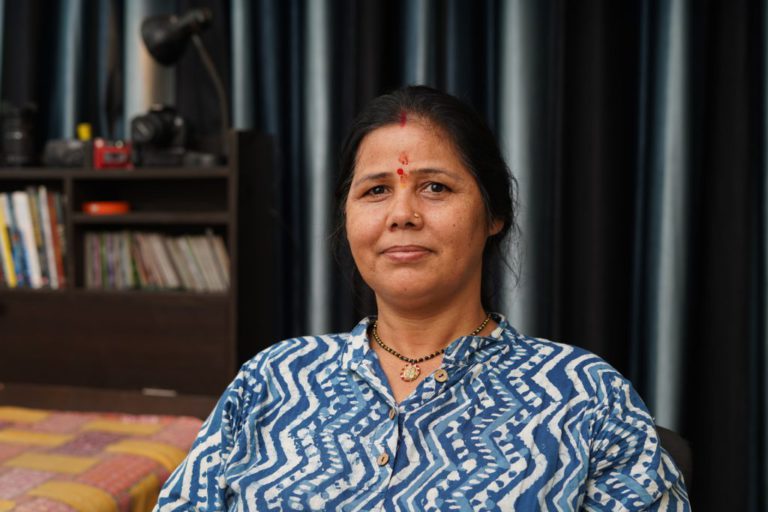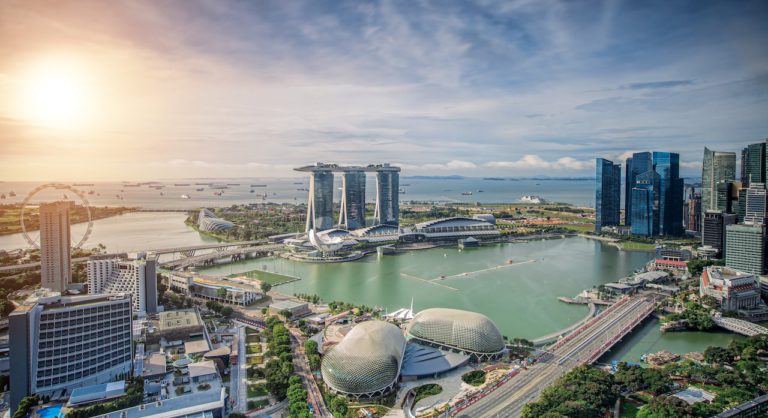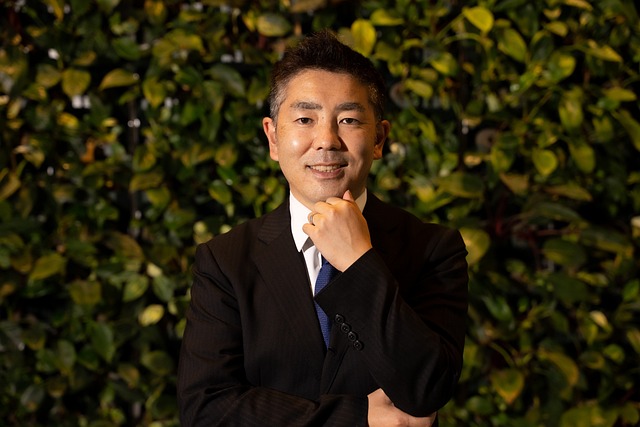Singapore’s world-class healthcare system is renowned for its efficiency, effectiveness, and high quality of care. It is characterised by a unique combination of public and private sector involvement, robust government regulation, and a strong emphasis on personal responsibility and cost-sharing. The system aims to provide accessible and affordable healthcare for all residents while maintaining a high standard of medical services.
Types of Healthcare Services
Singapore operates a dual healthcare system comprising both public and private healthcare services. Public hospitals and clinics provide the bulk of healthcare services, particularly for inpatient and specialist care, while private healthcare providers offer additional choices and cater to those who can afford a higher level of comfort and convenience.
-
Public Healthcare
Public healthcare in Singapore is heavily subsidised by the government, ensuring that essential healthcare services are affordable for all citizens and permanent residents. The government operates a network of hospitals, polyclinics, and specialty centres, offering a wide range of medical services. Public hospitals are categorised into three main clusters: National Healthcare Group (NHG), Singapore Health Services (SingHealth), and the National University Health System (NUHS).
Primary Care and Preventive Health
Primary care in Singapore is delivered through a network of polyclinics and private general practitioner (GP) clinics. Polyclinics provide comprehensive primary care services, including outpatient medical treatment, preventive healthcare, and dental care. The government also emphasises preventive health through national programs targeting chronic disease management, vaccinations, and health screenings.
-
Private Healthcare
Private healthcare providers offer a range of services, including specialist consultations, surgical procedures, and advanced medical treatments. They cater primarily to individuals seeking shorter waiting times, personalised care, and a more comfortable environment. Private hospitals such as Mount Elizabeth, Gleneagles, and Parkway East are well-known in Singapore and abroad.
Most Singapore expats and medical tourists choose private healthcare due to easier access, personalised services, and insurance coverage. Non-resident foreigners who would like to access Singapore’s private healthcare services may email to info@iasg.com.sg or whatsapp to +65 8766 1966.
-
Alternative Healthcare
Traditional Chinese Medicine (TCM)
Traditional Chinese Medicine (TCM) is an integral part of Singapore’s healthcare system, reflecting the country’s multicultural heritage and the significant Chinese population. TCM is recognized and regulated by the government, ensuring that practitioners meet professional standards and provide safe, effective treatments.
In November 2023, the Nanyang Technological University of Singapore (NTU) announced its new undergraduate degree programme in chinese medicine. The course is designed to meet Singapore’s healthcare needs, with the help of local TCM institutions and the Ministry of Health’s (MOH) Traditional Chinese Medicine Practitioners Board.
Regulation and Integration
The TCM Practitioners Act, enacted in 2000, established the TCM Practitioners Board, which oversees the registration and regulation of TCM practitioners. This ensures that only qualified individuals are allowed to practice, maintaining the quality and safety of TCM services.
Services and Popularity
TCM services in Singapore include acupuncture, herbal medicine, tui na (Chinese therapeutic massage), and cupping therapy. These treatments are widely used for various health conditions, including pain management, chronic illnesses, and general wellness. Many Singaporeans use TCM as a complementary therapy alongside conventional Western medicine, benefiting from a holistic approach to health.
Can Foreigners Access Singapore’s Healthcare System?
Yes. Foreigners, whether they are living in Singapore or abroad, can access Singapore’s public and private healthcare services.
Foreigners can receive treatment at public hospitals and polyclinics in Singapore. However, the fees for foreigners are generally higher than those for citizens and permanent residents. Public healthcare institutions in Singapore offer a tiered pricing system, with citizens receiving the highest subsidies, followed by permanent residents, and then foreigners, who receive minimal or no subsidies. However, Singapore’s high healthcare costs are aligned with the high quality of service and range of services available.
Emergency Services: In the case of medical emergencies, foreigners can seek immediate care at public and private hospitals. Emergency services are available to everyone.
Specialist and Inpatient Care: Foreigners can access specialist consultations, surgeries, and inpatient care at public and private hospitals.
Outpatient Services: Outpatient services, including visits to polyclinics and outpatient clinics at public and private hospitals, are also accessible to foreigners. These services include general consultations, diagnostic tests, and basic medical treatments.
Medical Tourists
Singapore is a popular destination for medical tourism, attracting many foreigners seeking high-quality medical care. Public hospitals, particularly those with specialised medical centres, are well-equipped to handle international patients. Some public hospitals have dedicated international patient liaison centres to assist foreigners with their medical needs and administrative processes.
Travel Tourist
Tourists who travel to Singapore for leisure and business and require medical care during their stay can visit public hospitals and clinics. However, they will be charged at the highest rate. Travel insurance that includes medical coverage is recommended for tourists to mitigate these costs.
Expats
Singapore expatriates who are on Work Passes such as S Pass and Employment Pass (EP) have private health insurance that covers medical expenses. This insurance can be used to pay for services at both public and private healthcare facilities. Employers often provide health insurance for their foreign employees, which can include coverage for treatment at public hospitals.
Student Pass Holders
Foreign students in Singapore are typically required to have health insurance coverage as part of their student pass requirements. This insurance can be used to access healthcare services at public institutions.
Challenges and Opportunities
Despite its strengths, Singapore’s healthcare system faces several challenges, including an ageing population, rising healthcare costs, and the need for continuous innovation and improvement in medical services.
Ageing Population
The rapidly ageing population presents a significant challenge, with increasing demand for healthcare services and long-term care. The government is addressing this through various initiatives, such as enhancing eldercare services, promoting healthy ageing, and expanding community-based healthcare.
Businesses that specialise in healthcare for the ageing population can capitalise on Singapore’s situation and other Asian countries that also face similar situations such as China, South Korea, and Japan. New technologies including robots that improve efficiency and processes are being developed and brought into Asian markets due to the increasing demand. Singapore’s A*Star Partners’ Centre in Suzhou Industrial Park helps local businesses with their R&D, commercialisation and expansion efforts in China.
Rising Healthcare Costs
Rising healthcare costs are another major concern, driven by advancements in medical technology, increasing prevalence of chronic diseases, and higher patient expectations. The government is continually exploring ways to manage costs while ensuring that healthcare remains accessible and affordable.
One way that Singapore piloted was to get patients to wear medical wearables, with their consent, to monitor their health. The Institute of Mental Health (IMH) used mobile phones that are synced with medical wearables to identify patients with schizophrenia who are more likely to suffer a relapse. This not only allows early intervention but requires less manpower during longer periods. This also allows large data to be captured and analysed which can then be streamlined across the medical platforms to drive population health, public health, and hospital care to better efficiency, thus reducing manual labour costs at the same time.
Innovation and Improvement
Singapore is committed to leveraging technology and innovation to enhance its healthcare system. Initiatives include the adoption of electronic health records, telemedicine services, and artificial intelligence in diagnostics and treatment.
For example, Singapore’s National Dental Centre recently replaced the traditional 3D moulding with intra-oral scanning technology that enables accurate capturing of images of a patient’s oral conditions and structures. With this change, producing dental appliances such as retainers, dentures, and splints become more streamlined, efficient, and accurate. This adds value to the nation’s dental and oral healthcare services.
Singapore’s Healthcare System & Its Opportunities
Singapore’s healthcare system is a model of efficiency, quality, and accessibility. Through a combination of public and private sector involvement, robust financing mechanisms, and a commitment to preventive health, Singapore ensures that its residents receive comprehensive healthcare services. The integration of TCM adds to the system’s holistic approach, offering a wide range of treatment options that cater to the diverse needs of its population. As the country continues to face new challenges, ongoing innovation and adaptation will be crucial to maintaining the high standards of healthcare that Singapore is known for.
Foreign business owners and entrepreneurs can take advantage of the opportunities in Singapore’s healthcare industry such as the ageing population and the adoption of technology, especially AI in healthcare services. For enquiries on business incorporation in Singapore, Whatsapp Immigration@SG at +65 8766 1966 or email to info@iasg.com.sg.







